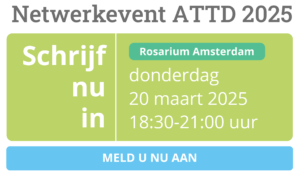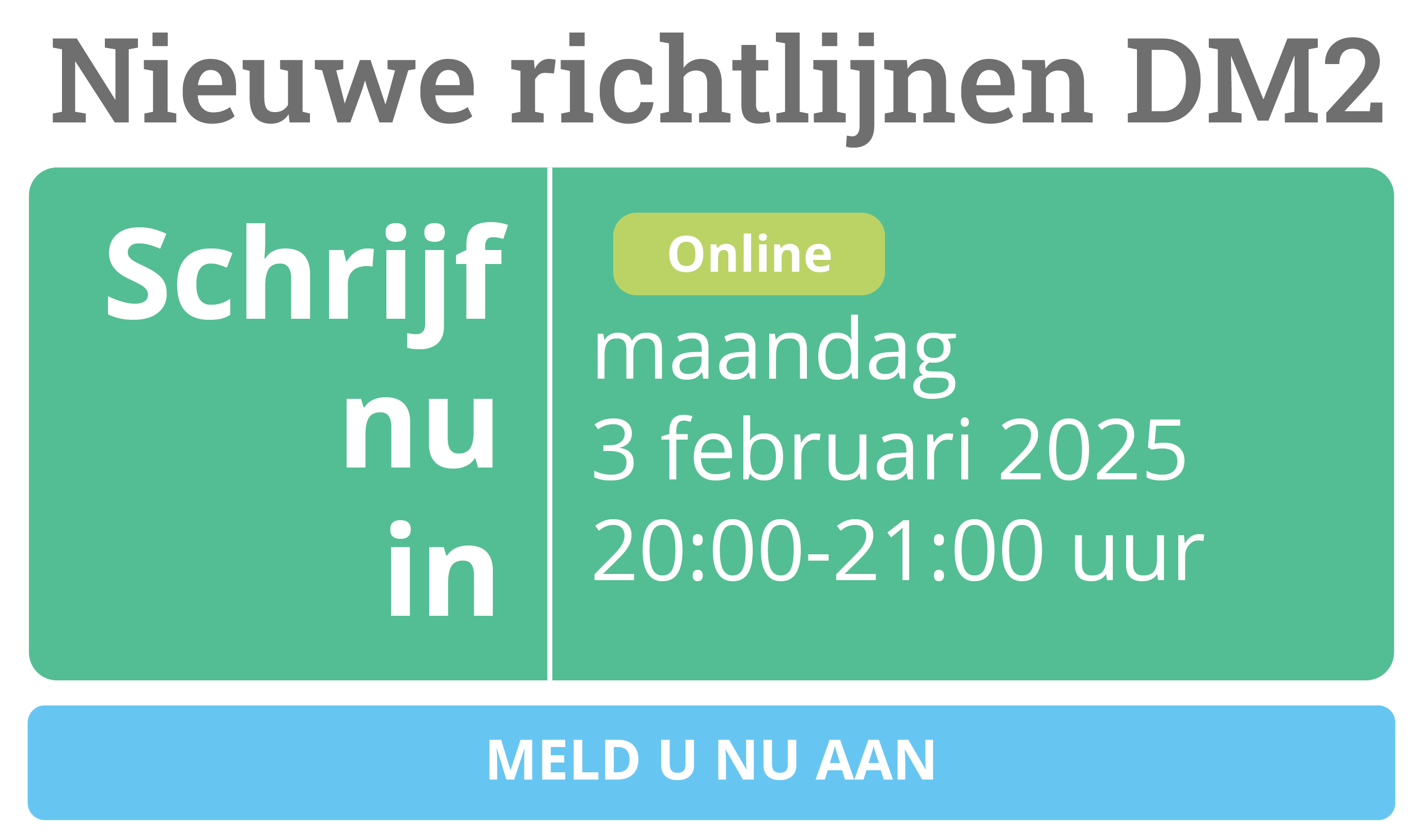OBJECTIVE
The Comprehensive Score for Financial Toxicity–Functional Assessment of Chronic Illness Therapy (COST-FACIT) is a validated instrument measuring financial distress among people with cancer. The reliability and construct validity of the 11-item COST-FACIT were examined in adults with diabetes and high A1C.RESEARCH DESIGN AND METHODS
We examined the factor structure (exploratory factor analysis), internal consistency reliability (Cronbach α), floor/ceiling effects, known-groups validity, and predictive validity among a sample of 600 adults with diabetes and high A1C.RESULTS
COST-FACIT demonstrated a two-factor structure with high internal consistency: general financial situation (7-items, α = 0.86) and impact of illness on financial situation (4-items, α = 0.73). The measure demonstrated a ceiling effect for 2% of participants and floor effects for 7%. Worse financial toxicity scores were observed among adults who were women, were below the poverty line, had government-sponsored health insurance, were middle-aged, were not in the workforce, and had less educational attainment (P < 0.01). Worse financial toxicity was observed for those engaging in cost coping behaviors, such as taking less or skipping medicines, delaying care, borrowing money, “maxing out” the limit on credit cards, and not paying bills (P < 0.01). In regression models for the full measure and its two factors, worse financial toxicity was correlated with higher A1C (P < 0.01), higher levels of diabetes distress (P < 0.01), more chronic conditions (P < 0.01), and more depressive symptoms (P < 0.01).CONCLUSIONS
Findings support both the reliability and validity of the COST-FACIT tool among adults with diabetes and high A1C levels. More research is needed to support the use of the COST-FACIT tool as a clinically relevant patient-centered instrument for diabetes care.



